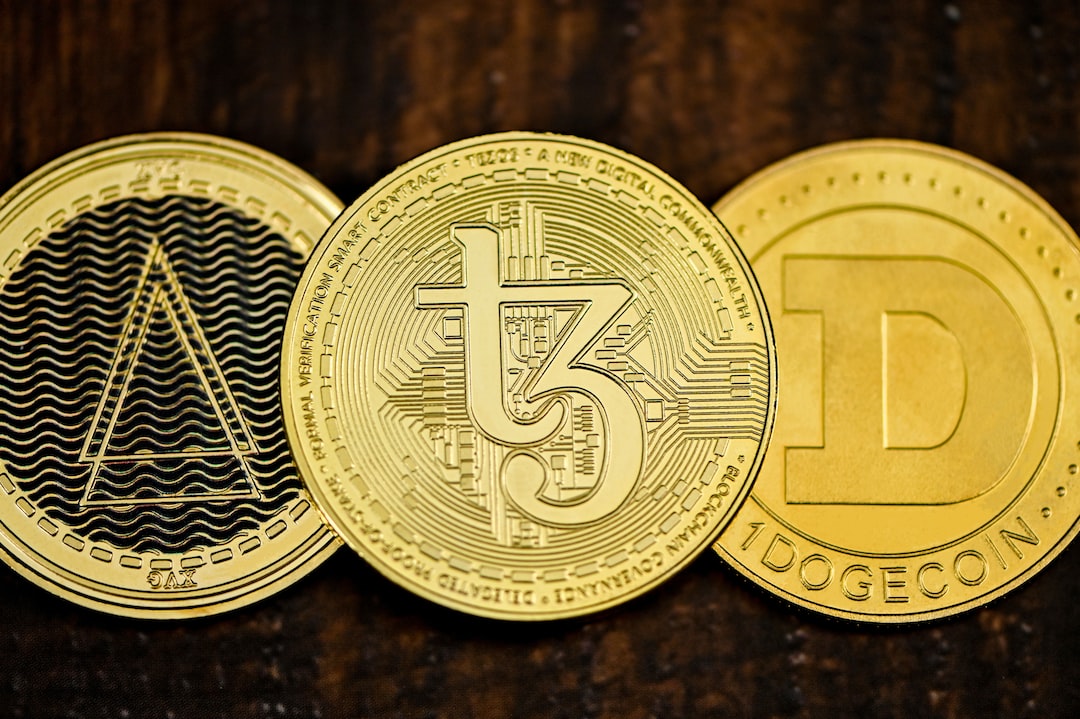Hong Kong Unveils Plan for Stablecoin Regulations
Today, Hong Kong’s Financial Services and the Treasury Bureau (FSTB) and the Hong Kong Monetary Authority (HKMA) announced their proposal for new stablecoin regulations. These regulations would require stablecoin issuers to obtain local licensing and adhere to governance, risk management, and anti-money laundering/counter-terrorist financing (AML/CFT) standards. Only coins issued by licensed firms would be available to retail investors. The proposal also stipulates that licensed entities must have a Hong Kong-based leadership team and maintain high-quality reserves. Feedback on the proposal can be submitted until February 29, 2024.
Concerns Over Global Stablecoins and Disruption
Hong Kong lawmaker Johnny Ng expressed concerns about the policy, particularly regarding major global stablecoins like USDT and USDC that currently circulate without local licensing. Ng questioned how these international coins could be traded on licensed Hong Kong exchanges under the new rules, potentially reducing trading volumes and causing disruptions in transactions. He also highlighted ambiguities around transaction fees and stablecoin applications under the proposed regulations.
Earlier Crypto Efforts in Hong Kong
Hong Kong has been actively pursuing cryptocurrency-friendly policies to establish itself as a crypto and Web3 hub. Recently, regulators indicated their willingness to approve spot crypto exchange-traded funds (ETFs), allowing listings of ETFs tracking crypto assets on the Hong Kong Stock Exchange. In August, Hong Kong issued its first virtual asset service provider licenses to OSL and HashKey. However, finding a middle ground in designing rules for the complex global crypto asset market may require compromise and additional policy work.
Hot Take: Challenges in Designing Stablecoin Regulations
The concerns raised by lawmaker Johnny Ng highlight the challenges of creating rules for the global crypto asset market. Hong Kong’s government, despite its desire to welcome the crypto industry, may be acting counter to that goal with its proposed stablecoin regulations. As countries worldwide consider stablecoin frameworks, Hong Kong’s experience could provide valuable insights into managing risks while promoting responsible innovation in the crypto industry.





 By
By
 By
By
 By
By

